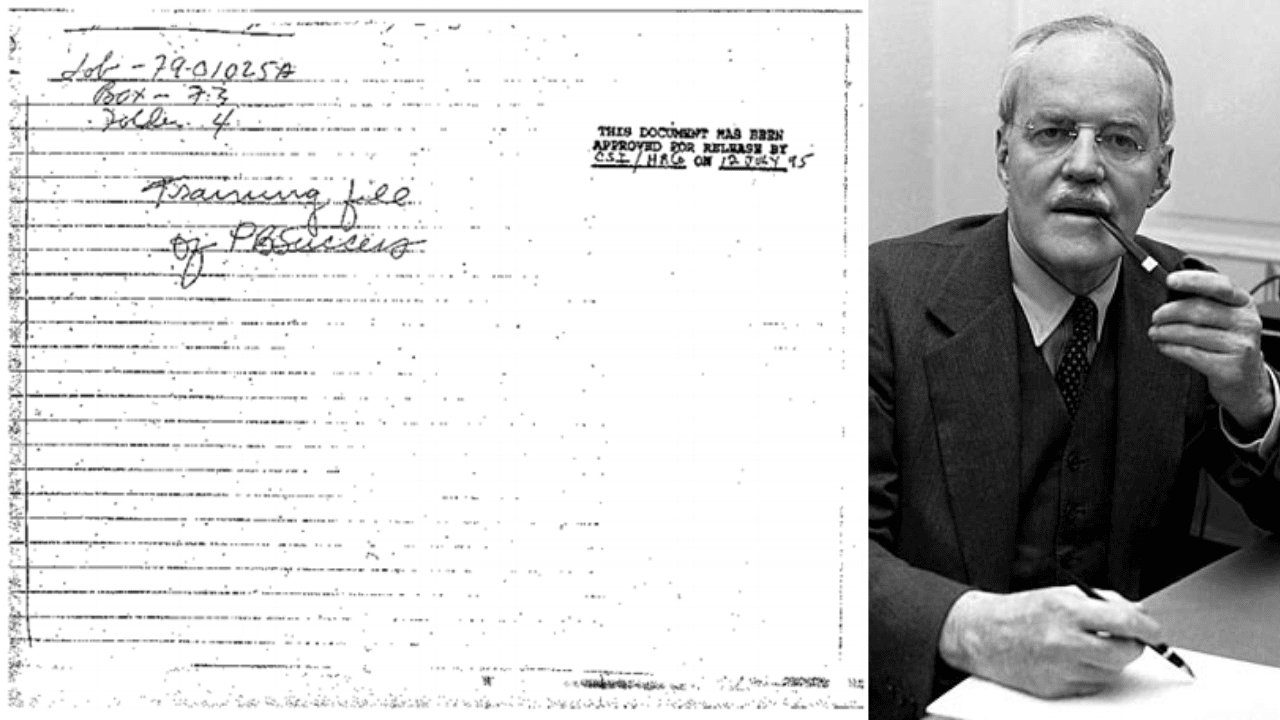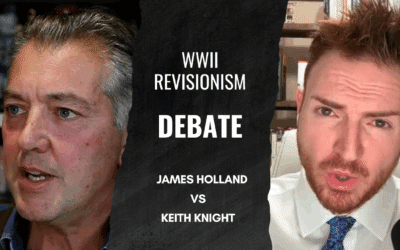…the conspiracy theorist asks himself the question cui bono? Who benefits from this measure? If he finds that Measure A benefits X and Y, his next step is to investigate the hypothesis: did X and Y in fact lobby or exert pressure for the passage of Measure A? In short, did X and Y realize that they would benefit and act accordingly? Far from being a paranoid or a determinist, the conspiracy analyst is a praxeologist; that is, he believes that people act purposively, that they make conscious choices to employ means in order to arrive at goals.
Murray N. Rothbard, Ph.D., The Conspiracy Theory of History Revisited (Reason, April 1977, pp. 39–40.)
Free PDF: CIA Assassination Manual: A Study in Assassination (1953)
Podcast: Play in new window | Download

































